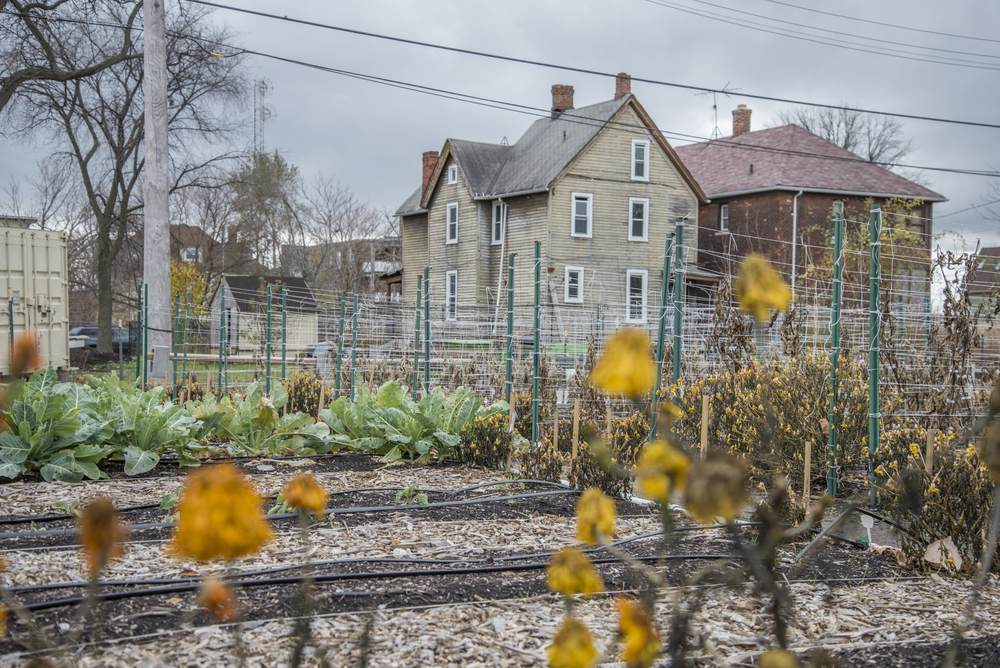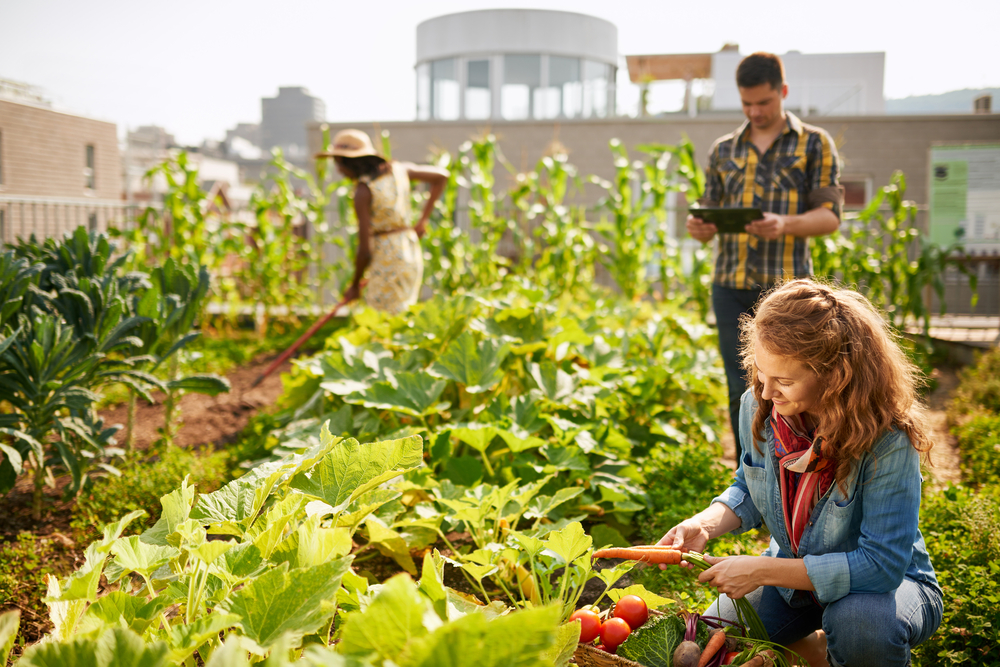In recent years, a growing number of Midwestern suburbanites have discovered the joys and benefits of urban farming and gardening. This blog explores the trend of incorporating agricultural practices into suburban lifestyles, highlighting the ways in which community gardens and backyard farms are transforming neighborhoods and fostering a sense of connection, sustainability, and self-sufficiency.
From small herb gardens to expansive vegetable plots, urban farming has taken root in the hearts and minds of Midwestern residents seeking to reconnect with nature and enjoy the fruits of their labor. Join us as we delve into the world of homegrown happiness and discover how this movement is reshaping the suburban landscape.
The Community Garden Movement:
Community gardens have emerged as a powerful force in Midwestern suburbs, bringing neighbors together and creating vibrant green spaces. These shared plots not only provide fresh, locally-grown produce but also serve as hubs for social interaction and knowledge exchange.
Participants in community gardens often report a heightened sense of belonging and purpose, as they work side-by-side with fellow gardeners to nurture their crops. The collaborative nature of these projects fosters a spirit of camaraderie and strengthens community bonds.
Backyard Farming: A Growing Trend
Alongside community gardens, backyard farming has gained significant traction in Midwestern suburbs. Homeowners are transforming their outdoor spaces into productive mini-farms, cultivating a wide variety of fruits, vegetables, and herbs.
- The benefits of backyard farming are manifold:
- Access to fresh, nutrient-rich produce
- Reduced carbon footprint and food miles
- Increased self-sufficiency and food security
Opportunities for family bonding and educating children about food production
Many suburban farmers are also embracing innovative techniques, such as vertical gardening and permaculture, to maximize their yields and create sustainable, low-maintenance growing systems.
The Ripple Effect of Urban Agriculture:
The impact of urban farming extends far beyond the individual gardens and farms themselves. As more suburbanites embrace this lifestyle, a ripple effect of positive change is felt throughout the community.
Local farmers' markets and farm-to-table restaurants are thriving, providing outlets for homegrown produce and supporting the local economy. Schools and community centers are incorporating gardening programs into their curricula, teaching valuable skills and promoting healthy eating habits.
Furthermore, urban farming contributes to the greening of suburban landscapes, enhancing biodiversity and creating habitats for pollinators and other beneficial organisms. By reducing the reliance on industrial agriculture and long-distance food transportation, this movement is also helping to mitigate the environmental impact of our food systems.
The rise of urban farming in Midwestern suburbs is a testament to the growing desire for a more connected, sustainable, and fulfilling way of life. By embracing the joys of homegrown produce and the spirit of community collaboration, suburbanites are cultivating a brighter, greener future for themselves and generations to come.
If you're inspired to join the urban farming movement or learn more about how to incorporate gardening into your suburban lifestyle, contact Brad Graham at 217-825-7527 for information on properties with ample space for your own backyard oasis. Together, we can create a thriving network of homegrown happiness across the Midwest.



